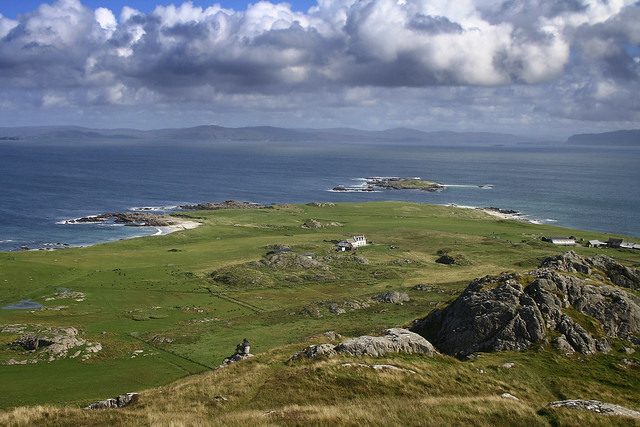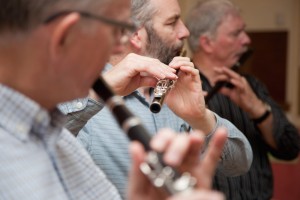
A quick update ahead of FluteFling’s Scottish Flute Day, which is on this weekend. We looked at a tune that is probably a march or possibly a strathspey and I have certainly heard it as a reel.
Fingal’s Cave (Cuilfhionn) was published in Kerr’s Merrie Melodies, possibly in 1875 according to the usually reliable Tune Archive, but there is little information beyond that other a description of it being a Highland tune. It seems to have been relatively little recorded too, although is described as being popular.
I first heard it by Andrew Cronshaw on The Great Dark Water and he got it from Kerr’s if I recall correctly. Other recordings have since been made and my version is derived from one of Christine Martin and Ann Hughes’ Ceol na Fhidle collections — or so I thought but I can’t find it online.
There is another, lesser-known tune with the same title composed by John Gow, one of Niel Gow’s sons, which appears to be unrelated. There’s some background information on the cave and Gow’s version on The Fiddler’s Companion (the precursor to Tune Archive).
I have yet to record this and will do so after the FluteFling weekend. However, the dots are now up on the resources page for this year.
Photo of Staffa by Scott MacLeod Liddle, some rights reserved.




